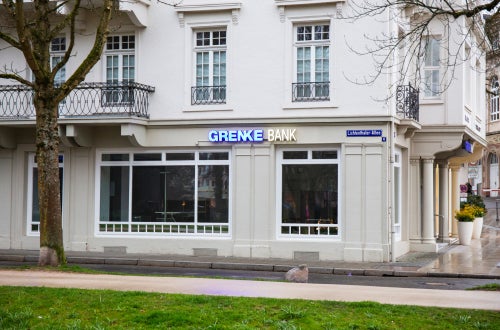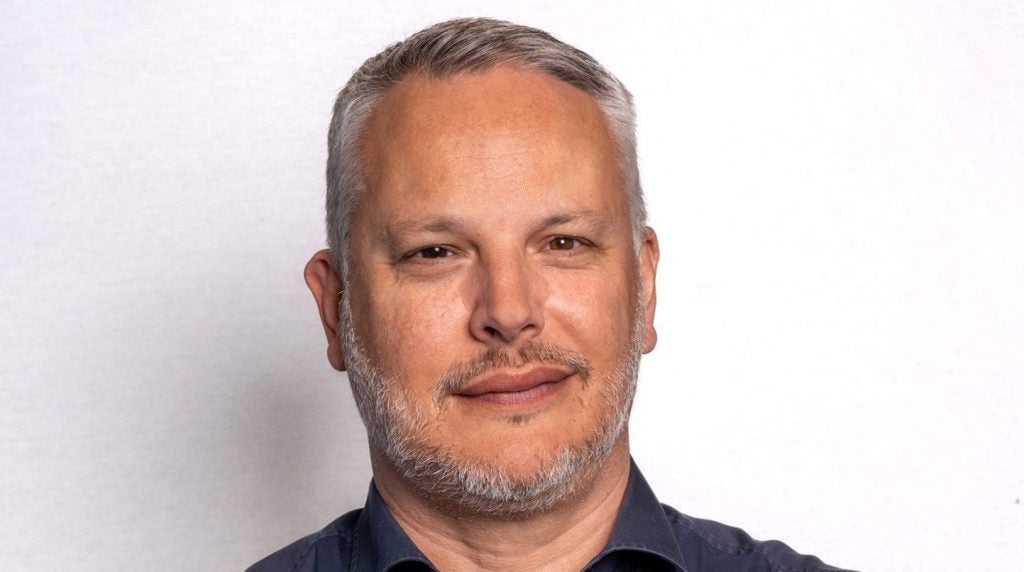
Germany’s financial markets regulator announced an investigation of Grenke AG‘s accounts on 15 September on the back of a report by short-seller Fraser Perring’s Viceroy Research report which sent the German lessor’s stocks sharply down with allegations of false accounting and fraud. The company has called Perring’s allegations “completely unfounded” and called for two internal audits of its own.
The editor of Leasing Life, Alejandro Gonzalez (AG) talks to Carola Rinker (CR), an economist based in Germany who specialises in accounting fraud, about Germany’s auditing culture, the nature of regulation in the country, what the various probes currently underway at German leasing company Grenke AG mean for the business and what she sees when she looks at Grenke’s balance sheet.
AG: BaFin, the German financial regulator, has recently dispatched auditors Mazars on its behalf to investigate the books at Grenke AG. Has BaFin’s reputation taken a hit from the Wirecard scandal?
[Editor: In June, the German fintech group Wirecard AG filed for insolvency days after its CEO resigned and was arrested in relation to alleged market manipulation and false accounting.]
CR: The questions raised about Grenke AG come at a time when questions are being asked about the integrity of the German capital markets and the DAX specifically, and of course BaFin is in the middle of all of this.
The financial regulator misunderstood how to react to the allegations of fraud when they were first raised by financial journalists. Rather than investigate the substance of the allegations against the company, BaFin investigated the journalists themselves and tried to bring criminal charges against them. This charge has since been withdrawn, but it has been very embarrassing for BaFin and its president Felix Hufeld, who still holds on to his job. So, I suspect the late reaction to Wirecard, may explain why BaFin is now reacting so quickly to Grenke AG, sending auditors to ask questions.
AG: Is it standard in Germany for the regulator to outsource auditing to a third party? Is BaFin limited in its authority to investigate?
CR: It is not unusual for BaFin to work with professional auditors like this. You need to understand that BaFin does not have the firepower, the resources or the budget that financial regulators have abroad, such as in the UK or the US.
How well do you really know your competitors?
Access the most comprehensive Company Profiles on the market, powered by GlobalData. Save hours of research. Gain competitive edge.

Thank you!
Your download email will arrive shortly
Not ready to buy yet? Download a free sample
We are confident about the unique quality of our Company Profiles. However, we want you to make the most beneficial decision for your business, so we offer a free sample that you can download by submitting the below form
By GlobalDataBaFin is limited in its remit and its investigative abilities. Also, in Germany, regulatory oversight is shared with the DPR or the Deutsche Prüfstelle für Rechnungslegung (German Financial Reporting Enforcement Panel).
However, the DPR is currently a private association. Urgent reforms are also needed here. [Editor: Germany is one of the very few countries where accounting enforcement is divided between a private-sector watchdog, DPR, and the markets regulator, BaFin].
In future, for example, this task should be performed by a state institution that is correspondingly strict in its auditing of companies. Otherwise, the next major accounting scandal threatens.
AG: Grenke AG has invited KPMG, its regular auditor, to carry out a ‘special audit’, while at the same time Grenke has asked Warth & Klein Grant Thornton to audit the company’s takeover of franchise companies, which have been questioned by the Viceroy report.
Against this background, another auditor, Mazars, is doing some probing on behalf of BinFa, and Grenke management has appointed an auditing expert (ex-PwC) as deputy chairman of its supervisory board. Also, the latest reports suggest a money-laundering unit of the German customs authority is to investigate Grenke.
Is the presence of so many different auditors a recipe for confusion?
CR: No, you can expect an orderly procession. Too much is at stake now, the regulator knows that the eyes of investors and international observers are on BaFin to issue clear findings.
AG: According to the Financial Times, the audit fees of Russell 3000 index companies in the US cost 0.39% of company turnover on average, while in Europe the average is 0.13% and for German companies, it is 0.09%. What’s your view on this?
CR: My feeling is that low-cost auditing of company financial statements is a problem and that it leads to a kind of institutional laziness.
The issue of ‘price dumping’ is a problem for auditors in Germany and is one area of reform that needs addressing. The image of the German capital market has suffered massively as a result of the balance sheet scandal at Wirecard, so urgent reform is now needed.
AG: I’ve read that for the Big Four auditing firms (KPMG, EY, PwC and Deloitte) most of their profit comes from non-audit consultancy, which can mean very little time is devoted to the business of auditing financial statements, is this an issue in Germany?
CR: Because some business areas are more lucrative than others, this raises an important question: Is the profitable part of the accountancy business (consultancy services) subsidising the less profitable side of the business (auditing)?
As you have already indicated, remuneration for assessing a company’s finances is actually very low in Germany. The assessment costs need to increase in order to improve the quality of the auditing. I also think that the liability of auditors should be increased. In Germany, this currently stands at €4m.
AG: I understand you’ve looked through Grenke’s most recent financial statements. What caught your attention?
CR: Grenke AG runs three separate business operations. The leasing business, the factoring business and its banking arm [since acquiring a banking licence in 2009]. Investors may find it difficult, as I did, to know when one area is being accounted for and not another. Also, the issue of shareholders’ cash I felt lacked clarity.
According to the published annual reports – up until full-year 2019 – the factoring segment has not been generating profits since 2016.
Instead, losses for the factoring segment have risen from €200,000 in 2016 to almost €2m in 2019.
The question, therefore, arises as to which business segment at Grenke generates its stated high return on sales? In the Grenke statements I reviewed, this was not fully addressed I felt.
Admittedly, the international accounting rules (IFRS) make financial reporting very complex, especially with such a business model as Grenke’s – but it is still the company’s job to explain figures on the balance sheet in an understandable way.
This can be done, for example, by having Grenke introduce, explain and illustrate a profitability indicator every year so that shareholders can read off a trend and thus form their opinion of the company.
It is also noticeable that Grenke, despite registering a high level of cash and cash equivalents, has taken out more loans and has issued more bonds in recent years than in previous years. If, for example, this is done as a precaution, it must be explained more clearly to shareholders.
AG: How long is an investigation of this type likely to take?
CR: I think this investigation will take time, certainly a few weeks, perhaps a couple of months. But don’t forget that coronavirus will also slow things down as big meetings are banned and everyone must observe a safe social distance, so this will drag out a final report being issued.
AG: Are the finance directors of companies too close to those overseeing the auditing?
CR: The greater the number of years an auditor spends reviewing a company’s accounts, the greater the risk the auditor will come to depend on the company. To counteract this problem, an auditor rotation requirement was introduced in Germany a few years ago.
However, as some current accounting scandals show, the maximum period of 20 years is still too long. I believe other approaches are required to reduce dependency. For example, a fee schedule for auditors should be discussed, as is customary for notaries in Germany, for example. This could end the price dumping of auditing costs.
(Pictured: Carola Rinker)
Grenke AG responds
The losses recorded in the financial statement by the factoring arm of the business are explained by: “Continued investment in the sales infrastructure and start-up costs for the stronger international positioning (Annual Report page 34).”
Regarding the increase in loans and bonds in its financial statement, Grenke said: “Especially against the background of the increased uncertainty due to the Covid-19 crisis, the liquidity position was successively increased. Here we have decided to act cautiously. Therefore, we currently hold more liquidity than usual, which gives us planning security on the refinancing side.
“On the one hand, this is a typical procedure that could be observed at the beginning of the pandemic at numerous companies that increased their liquidity as a precautionary measure to secure their business. On the other hand, it is part of our business culture: as can be easily traced, we have also gradually increased our liquidity in recent years.”

Also read:
Auditors from KPMG, Warth & Klein Grant Thornton and Mazars take up residency at Grenke AG








